Search for academic programs, residence, tours and events and more.

Published in February 2022
Through representation, outreach efforts, and equity, diversity and inclusion research, women at Wilfrid Laurier University are sowing seeds to grow our thriving scientific community.
To mark the International Day of Women and Girls in Science, taking place Feb. 11, learn about some of the impressive women at Laurier who are studying in scientific fields and empowering future generations to join them.
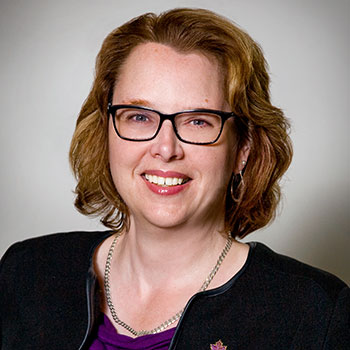
"I am encouraged by Laurier’s faculty, staff and students, who are working every day to inspire change and challenge the status quo."
Deborah MacLatchy, president, Wilfrid Laurier University
Hina Shaheen, PhD candidate, Mathematical and Statistical Modelling
“I have always been fascinated by mathematical studies. Having a flair for the subject, there was never any doubt that I would choose mathematics as a degree. I relish the challenge of problem solving that mathematics provides.
“The objective of my PhD thesis is the development of novel, multiscale brain network models that will potentially provide new insights into the origin and progression of neurodegenerative diseases, such as Alzheimer’s and Parkinson’s, and a better understanding of the key mechanisms underlying the pathological brain.”
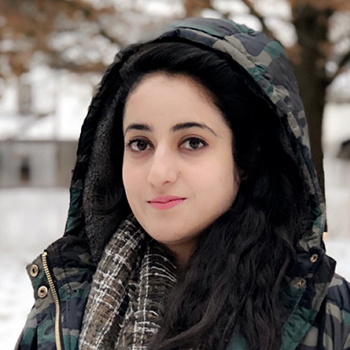
Alicia Pouw, MSc in Geography student
“I have grown up in a world that has changed dramatically in my lifetime. Memories of deep snow and building forts have diminished to only a few short-lived centimetres on the winter ground. Climate change is contributing to the destabilization of frozen soils, glaciers and snowpacks, which will have significant consequences for those of us who rely on the Earth in its current state. Scientific discovery is one means that I can better understand this process and help make positive change.
“Throughout my undergrad studies, I enjoyed taking courses that had a field work component. Exposure to the natural world begins to make you wonder all that we don’t yet understand. Research has given me an outlet for creativity and accomplishment – and being a part of a research group has allowed me to explore my own interests while also collaborating with peers working toward a common goal.
“My thesis research aims to better understand the effect that snow cover has on the formation of lake ice and determine the best methodology for making measurements. I use a ground-penetrating radar to estimate the snow depth. By pairing it with data collected from a drone, I can efficiently cover a larger spatial area and collect measurements at a higher spatial resolution. Better information about both snow and lake ice thickness may inform safer decision-making for the northern communities that rely on ice for transportation, industry and recreation.”
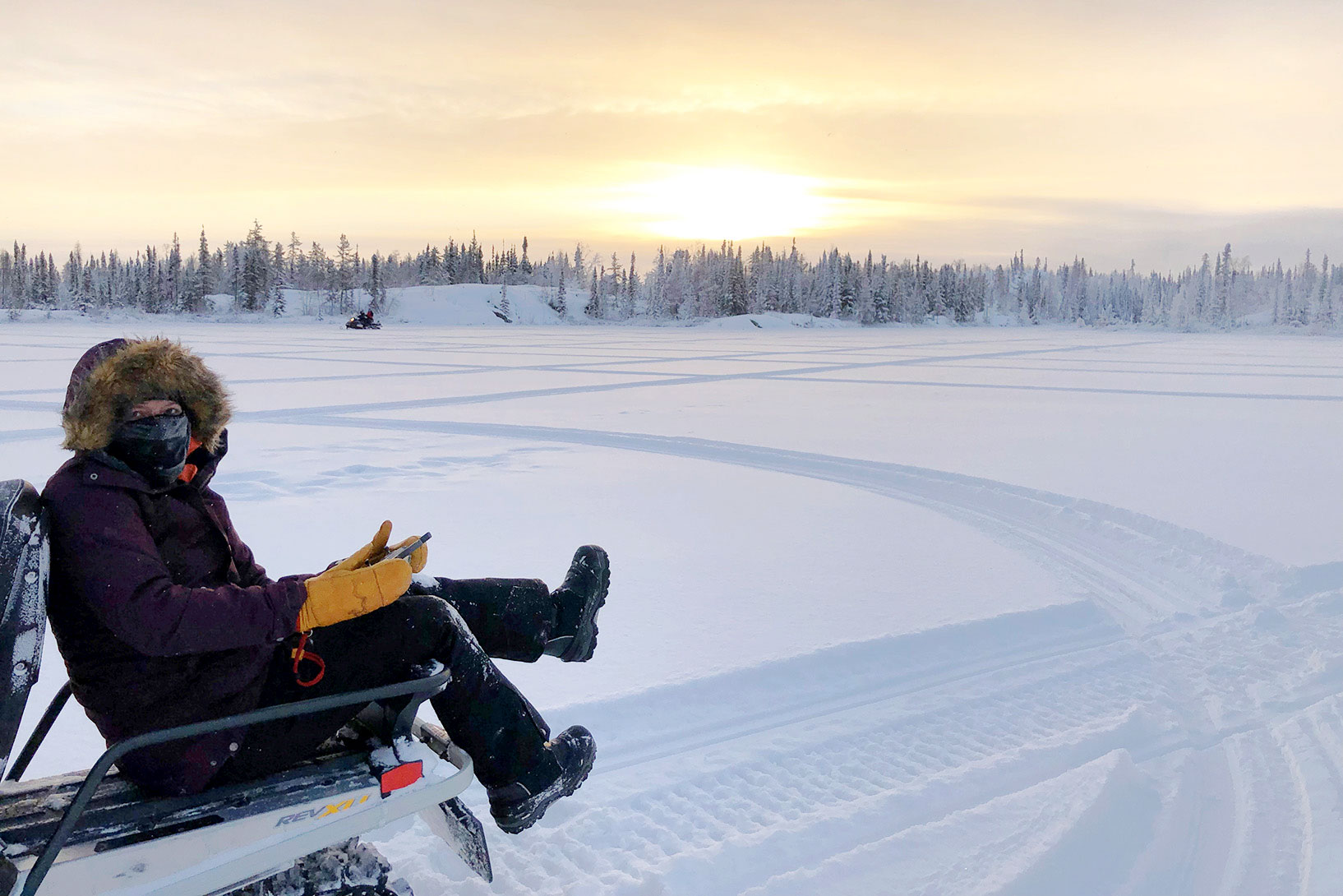
Pouw operating a drone while seated on a snowmobile on Finger Lake, N.W.T. (Photo credit: Homa Kheyrollah Pour, ReSEC Lab).
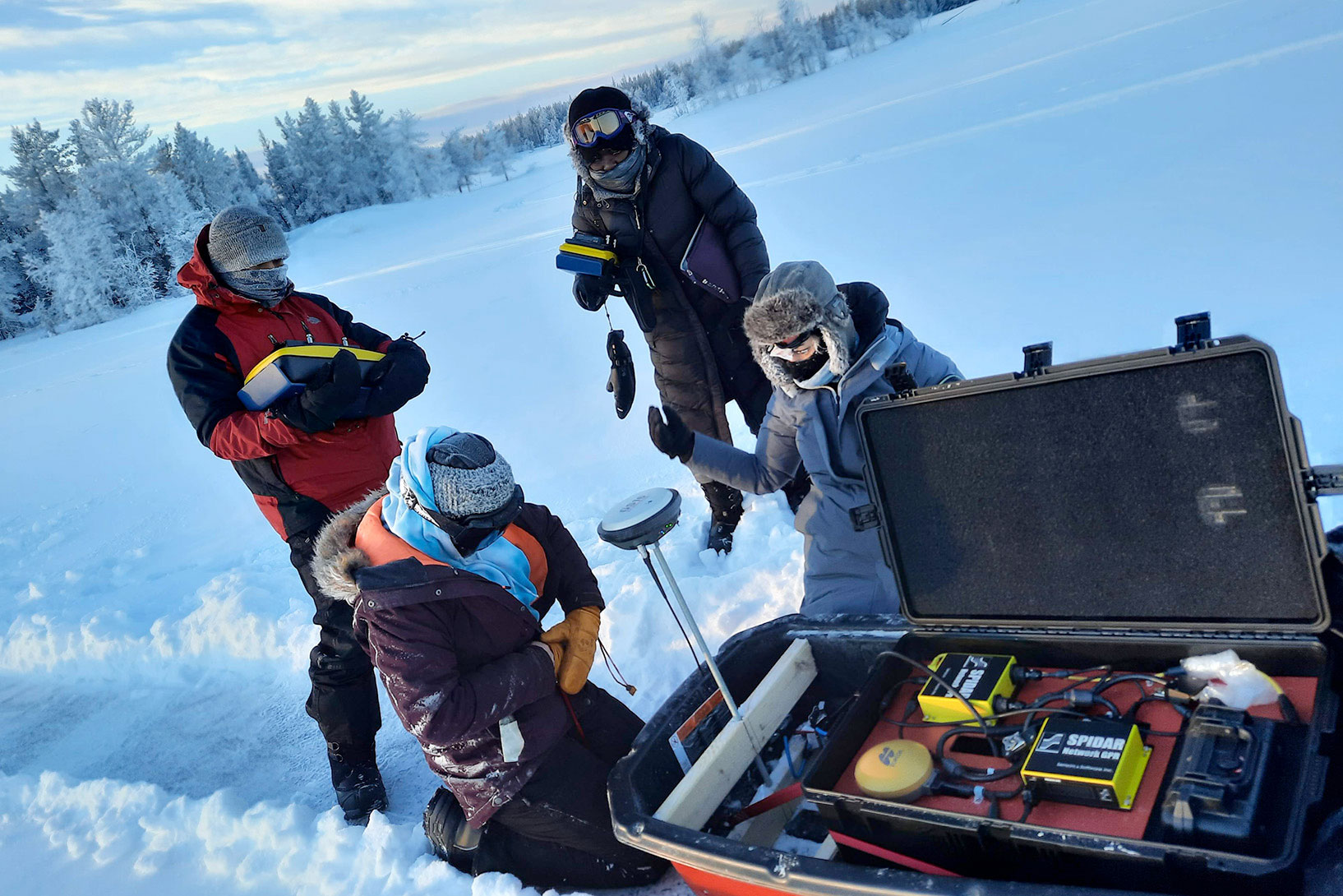
Pouw working with sensor technology alongside her collaborators Homa Kheyrollah Pour, Gifty Attiah and Arash Rafat on Landing Lake, N.W.T. (Photo credit: Alex MacLean, ReSEC Lab).
Since 2012, the Laurier Centre for Women in Science (WinS) has been building an inclusive scientific community through research, action and communication. One of its newest methods for building knowledge and connection is WinSights, a collection of online resources rooted in research and curated by students.
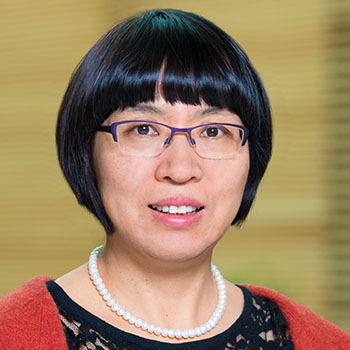
Xuan (Jen) Zhao, Professor, Operations and Decision Sciences
“When I was in high school, I loved geometry. I could sit there all day and would feel very satisfied when I solved the problem. Now, as a researcher, my team uses mathematical modeling and business analytics to derive insights into problems facing business operations.
“My research focuses on a number of areas related to global supply chains, including risk management, sustainability, information and incentives, and how human behaviour impacts decision-making. This work is international in scope, so I collaborate with people all over the world, from Denmark to China.
“There were 23 students in my engineering program in university. Just seven were women. Girls need to know that they can do very well in math and stats and I encourage my daughter’s interest in mathematics. I’m pleased to see government initiatives encouraging girls to enter this field. As a professor, my passion is to help the next generation become better than us, and I am very proud to see my students going on to publish in top journals and get their dream job offers.”
Millicent Kusi-Acquah, BKin student
“I have always loved health and fitness. As a child, I would watch anatomy videos with my mother while she was studying nursing. Now that I am learning about health and movement at Laurier, I hope to become a pelvic health physical therapist and work with women who are pre and post-partum.
"My advice for young women is to keep your goals in mind and not let minor setbacks distract you.”
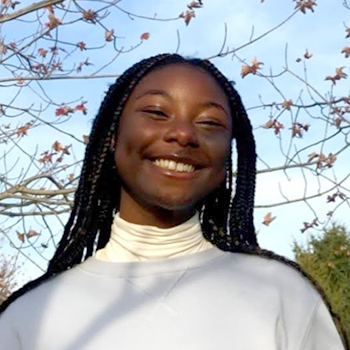
Louise Dawe, Associate Professor, Chemistry and Biochemistry
“Crystals are solid forms arising from the regular repetition of a very simple building block, such as an atom, molecule or ion, and that building block is repeated millions and millions of times to generate even the smallest of crystals that people can see.
“Sometimes beautiful molecules happen by chance, which we would call serendipitous. But sometimes we are able to design beautiful molecules, and that’s what my research group is interested in. How can we use crystal engineering principles to design beautiful molecular architectures that have practical applications?”
Read "The chemistry of crystals: Louise Dawe finds applications for “beautiful” molecules
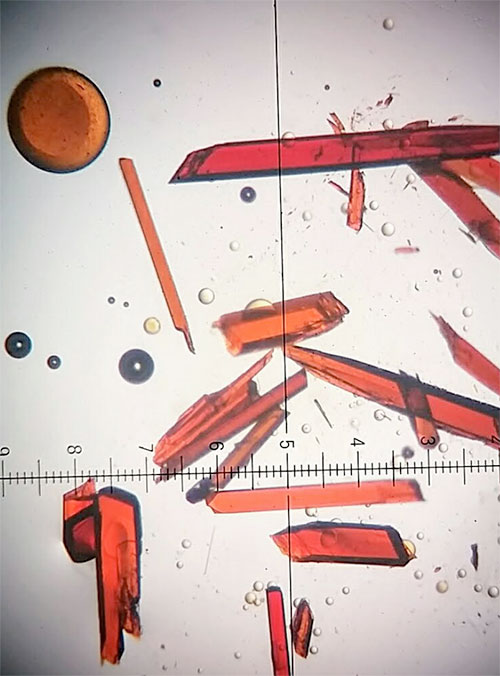
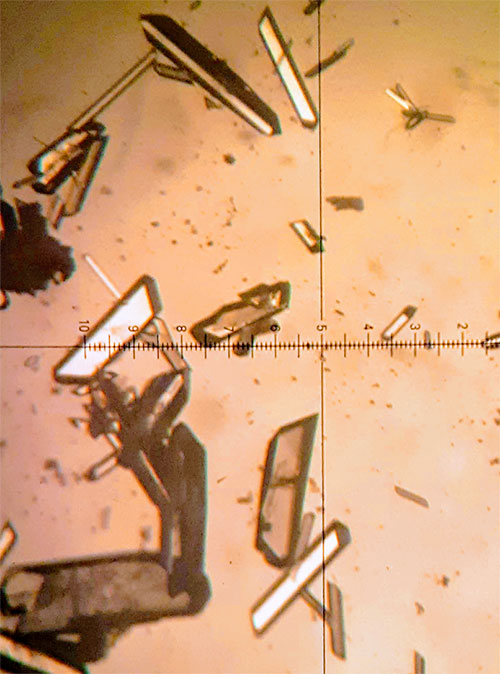
Allison McDonald, Associate Professor, Biology
“People are very interested in science, yet they often come to school and have experiences that turn them off science or make them feel as if it’s not a very welcoming space for them. So that’s one of the things I’m trying to get at in my teaching: making sure that anyone who’s in my classroom or in my lab knows that there is a place for everyone in science.”
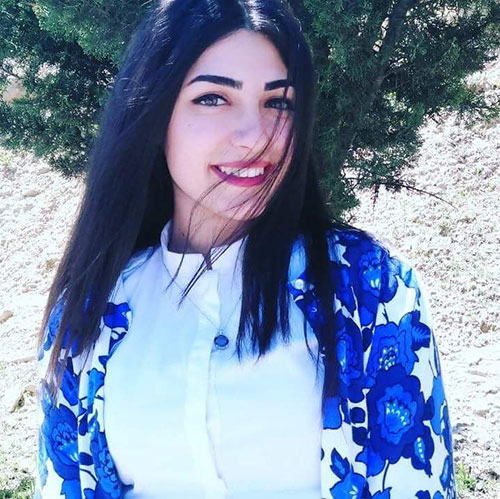
Yara Khalaf, MSc in Chemistry student

Brenda Kurorwaho, BSc in Biochemistry and Biotechnology student

Carol Salama, BSc in Health Sciences student
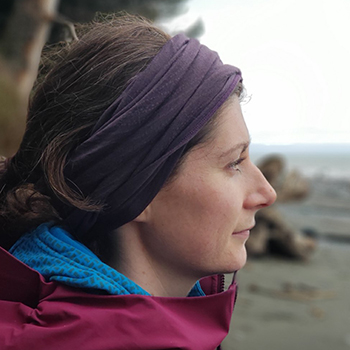
Frances Stewart, Canada Research Chair in Northern Wildlife Biology
Frances Stewart, assistant professor in Laurier’s Department of Biology, was recently awarded the prestigious Canada Research Chair in Northern Wildlife Biology.
“I hope the impact of my research as chair is threefold. I plan to increase and update our knowledge about the current status of wildlife species, inform effective conservation and management strategies, and communicate the global importance of northern change for wildlife, people and biodiversity.”